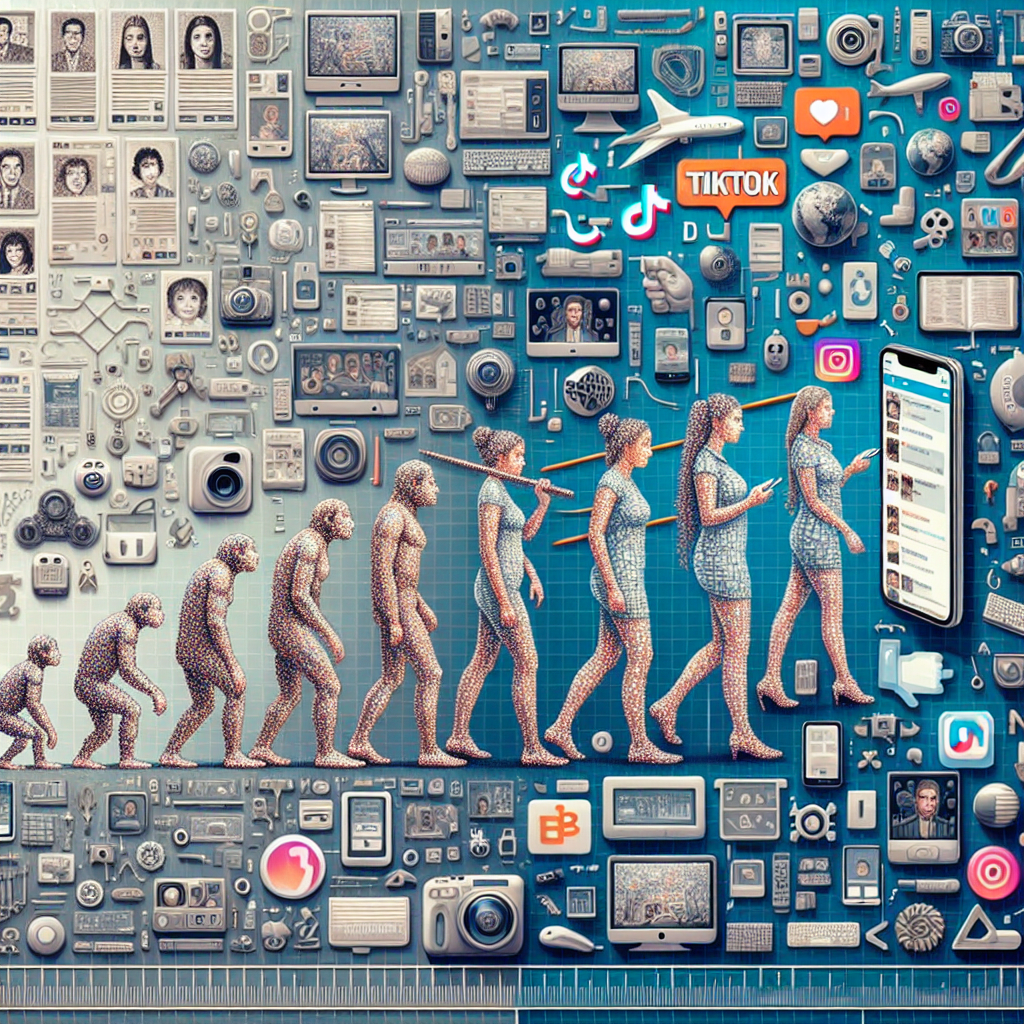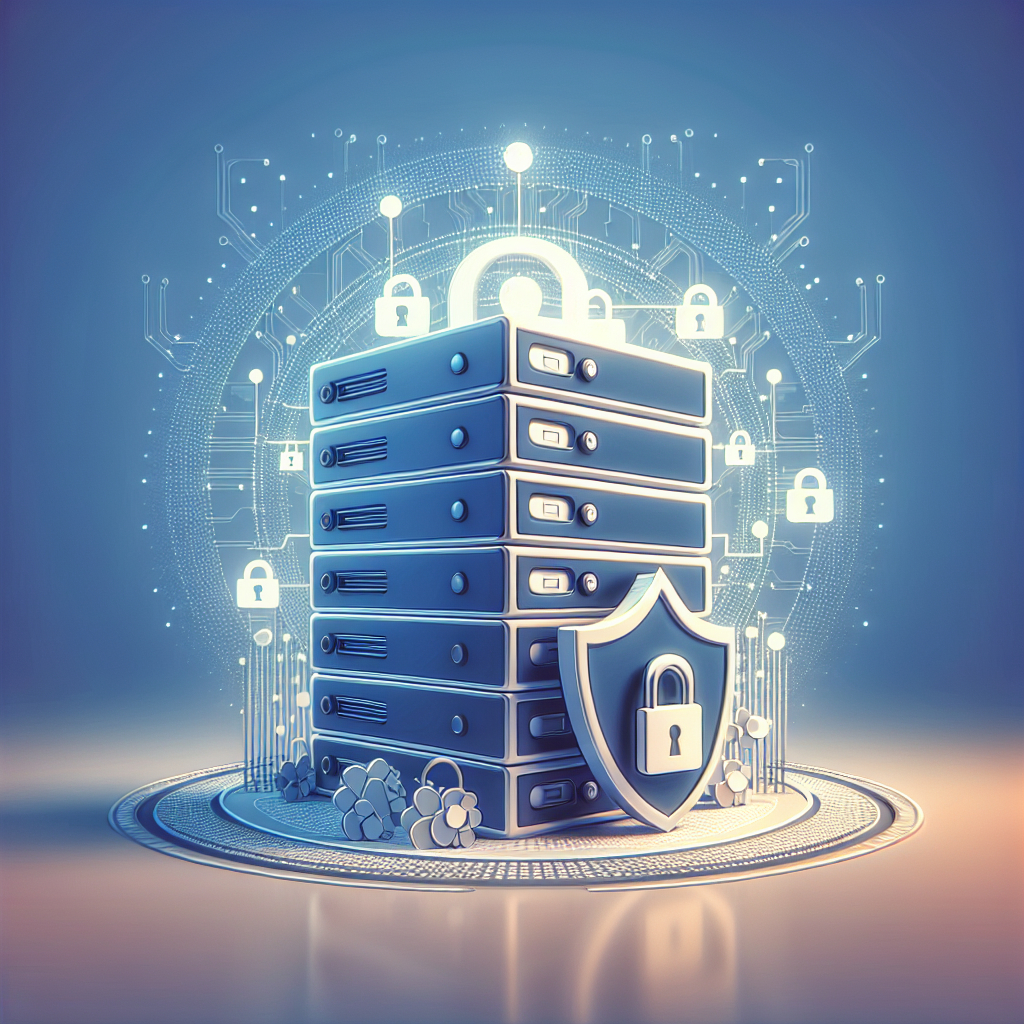Online dating has revolutionized the way people meet and form relationships in the digital age. With the advent of numerous dating apps and websites, finding a potential partner has never been easier. However, this convenience comes with its own set of advantages and disadvantages. In this article, we will explore the pros and cons of online dating, providing a comprehensive overview of its impact on modern relationships.
The Pros of Online Dating
Accessibility and Convenience
One of the most significant advantages of online dating is its accessibility. With just a few clicks, users can create a profile and start browsing potential matches. This ease of access allows individuals to connect with others from the comfort of their own homes, eliminating the need for traditional dating venues such as bars or social events.
Moreover, online dating platforms are available 24/7, providing users with the flexibility to search for partners at their convenience. This is particularly beneficial for those with busy schedules or those who live in remote areas where meeting new people can be challenging.
Wider Pool of Potential Matches
Online dating opens up a vast pool of potential matches that extends beyond one’s immediate social circle. This increased exposure allows individuals to meet people they might not have encountered otherwise. Additionally, many dating platforms use algorithms to match users based on compatibility factors such as interests, values, and personality traits, increasing the likelihood of finding a suitable partner.
Furthermore, online dating can help break down geographical barriers, enabling users to connect with people from different cities, countries, or even continents. This global reach can lead to more diverse and enriching relationships.
Enhanced Communication
Online dating platforms often provide various communication tools, such as instant messaging, video calls, and virtual gifts, allowing users to interact and get to know each other before meeting in person. This can help build a foundation of trust and understanding, making the transition to an offline relationship smoother.
Additionally, the anonymity of online communication can encourage individuals to be more open and honest about their feelings and intentions, leading to more meaningful connections.
The Cons of Online Dating
Risk of Deception
One of the primary drawbacks of online dating is the potential for deception. Users may misrepresent themselves by posting outdated or edited photos, lying about their age, occupation, or interests, or even creating entirely fake profiles. This can lead to disappointment and mistrust when the truth is eventually revealed.
Moreover, the anonymity of online interactions can make it easier for individuals with malicious intentions, such as scammers or catfishers, to exploit unsuspecting users. It is essential to remain vigilant and take necessary precautions to protect oneself from such risks.
Overwhelming Choices
While having a wide pool of potential matches can be advantageous, it can also be overwhelming. The abundance of options may lead to „choice overload,” where individuals struggle to make a decision or constantly second-guess their choices. This can result in a lack of commitment and a tendency to keep searching for the „perfect” match, rather than investing in a promising relationship.
Additionally, the gamification of online dating, with features such as swiping and matching, can create a superficial approach to finding a partner, where users prioritize physical appearance over deeper compatibility factors.
Emotional Impact
Online dating can also have a significant emotional impact on users. The process of creating a profile, browsing potential matches, and facing rejection can be emotionally taxing. Repeatedly experiencing rejection or ghosting (sudden cessation of communication) can lead to feelings of inadequacy, frustration, and low self-esteem.
Furthermore, the impersonal nature of online interactions can sometimes lead to misunderstandings and miscommunications, which can negatively affect the development of a relationship.
Conclusion
Online dating has undoubtedly transformed the landscape of modern relationships, offering numerous benefits such as accessibility, a wider pool of potential matches, and enhanced communication. However, it also presents challenges, including the risk of deception, overwhelming choices, and emotional impact. As with any tool, the key to successful online dating lies in using it wisely and being aware of its potential pitfalls. By approaching online dating with an open mind, realistic expectations, and a cautious attitude, individuals can maximize their chances of finding meaningful and lasting connections in the digital age.



